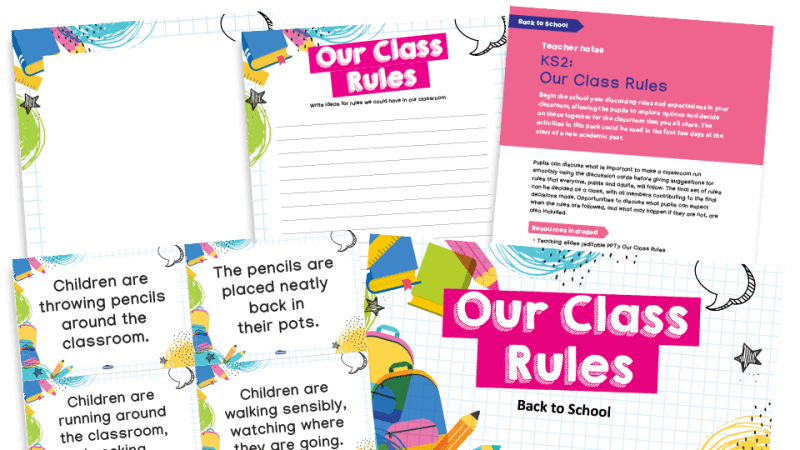Data Does Have A Place In Schools – But That Doesn’t Make Updating Spreadsheets Any Easier

Spreadsheets are endless boxes of mundanity that sap my very living soul

- by Tom Starkey
- Assistive technology adviser in HE

Data and I have a tumultuous relationship at best. Put me in front of a bottom set Year 8 who are notorious for seeing off supply and NQTs with effortless abandon and nine times out of ten I can hold my own (the tenth time involves full riot gear, tear gas and righteous butt-kicking).
However, whack me in front of a spreadsheet that includes even the simplest of functions and that SUM will see me break out into a cold sweat and scarper quicker than you can say VLOOKUP (yet have no idea of what it actually means). We all have our strengths and weaknesses – data collection and manipulation is, for me, an area for improvement. Well, one of them, anyway. Of many. We’re in triple figures here people. Ironically, it’d probably be helpful if I could create a spreadsheet to order them.
Now, my house-size superiority complex has a tendency to kick in as I’m hunched over a glowing screen late at night trying to figure out what I’ve done to make Dylan’s progress in English recede to a negative decimal that saunters off into infinity. I bemoan the fact that I, I of the hallowed profession of teaching, must waste my precious efforts filling in boxes, endless boxes of mundanity that sap my very living soul. My soul I tell you!
And every so often the contemptible tool I become is right. Replication, collection for the sake of it and data that has no bearing on the state of anything is a cosh for teachers. In a job where there’s very little time for the essentials, wasting an evening filling in boxes because, well, because the boxes have to be filled is maddening – especially when you’re crap at it in the first place. For some reason AUTOFILLTHISSTUFFNOW doesn’t work, no matter how many times I type it.
But as much as my disgustingly superior self would like to think that every piece of data entry and analysis is superfluous to the actual job, and its collection and entry means that he belittles himself even attempting such base endeavours, at heart he knows he is lying to himself. When we get right down to the baseline formulae, data, like any other knowledge, informs and enlightens.
Of course, it is not the be all and end all and there is always the danger that the collection of the data overshadows the reason the data is collected. But effective tracking of students is useful, essential even (though it irks me something rotten to say it). Data can be used to provide a picture, a background that can contextualise what we see in front of us for a few hours a week. It can highlight problems or good practice, losses and victories. It can be used to positively inform our own teaching as it brings into focus things that otherwise might stay hidden.
This, of course, doesn’t mean we stop paying attention to what’s actually going on in the classroom and abandon all that messy human interaction stuff (although some days that’s awfully tempting). Columns and rows on a spreadsheet can’t replace the beautiful mess that is learning and anyone that thinks they can should be held as being deeply suspect, no matter how good they are with their functions. Having said that, data can and should complement what goes on in the classroom and the wider world of the school because if it doesn’t, then what exactly is it for?
It’s a damn shame that in the worst places data is used as a club to bash you with, or as a justification for daftness, or just a bit of plain old dirty teacher shaming. But in the best places, it acts like a torch, illuminating the many traps, pitfalls and huge rolling boulders that go towards creating the mythical temple of education. When done right, it’s a tool that can be put to good use. It can help.
In all fairness, this is probably not news to you. You might even be one of that strange, strange breed who actually derive satisfaction from a well-ordered, easy-to-use, useful, accurate, spreadsheet. The world’s a funny place and it takes all sorts. I’m not completely there yet. I haven’t yet found the joy in data, but over the years I’ve learned to appreciate what it can do when it’s used well. The only problem is that for someone to use it, I’ve got to input it.
I think I prefer the riot gear.
Tom Starkey is a teacher and writer who blogs at stackofmarking.wordpress.com. Follow him on Twitter at @tstarkey1212.









